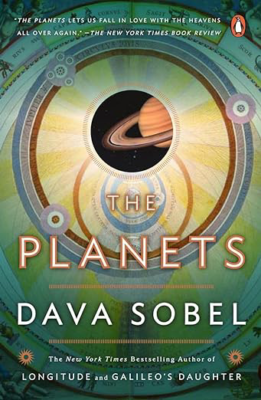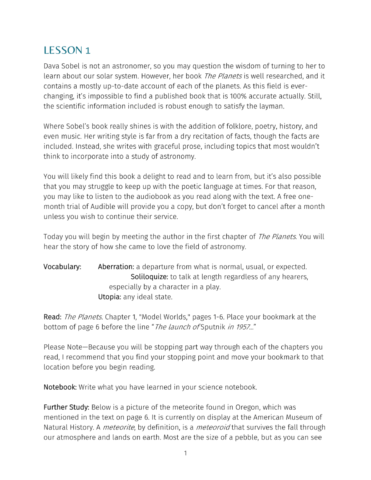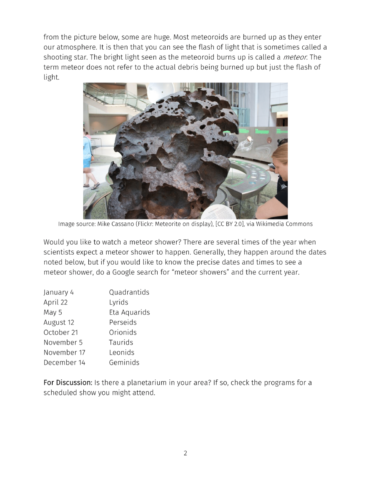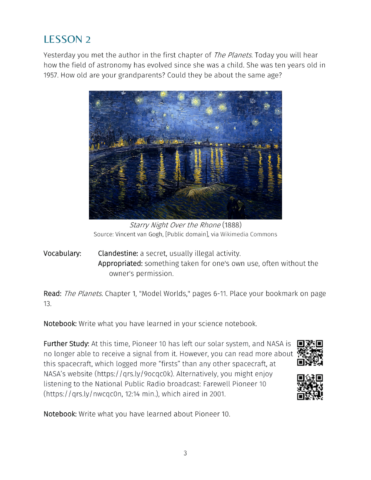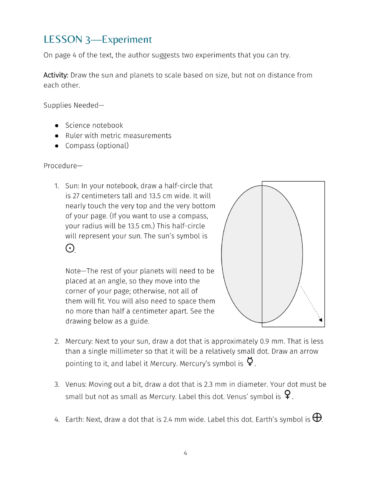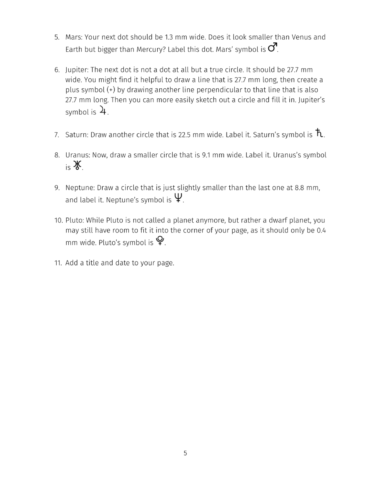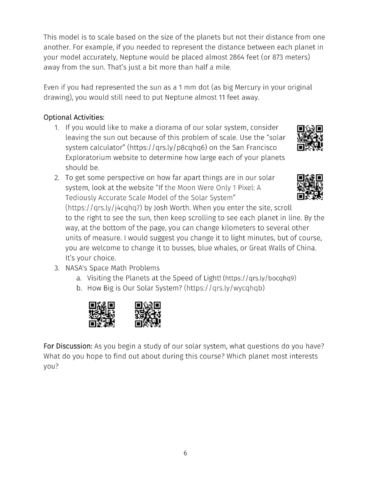In this Form 3-4 (grade 7-9) study guide, students will be introduced to the principles and tools of the study of astronomy. Included is an overview of our solar system, the sun, the planets, and comets. Students will learn about the sun’s convection currents, sunspots, solar flares, solar winds, and the auroras they create. They will learn how distant planets are studied and what has been discovered about their rotation, composition, atmosphere, moons, and rings.
This science study guide provides a comprehensive introduction to each lesson, along with reading assignments from the spine text, narration prompts, and open discussion questions. It also features experiments directly related to the reading, as well as optional supplemental activities such as current events, videos, and suggested articles for deeper exploration when time allows. Additionally, a link to an exam for each course is included in the introductory material.
The Form 3+ guides are written directly to the student, allowing them to work independently. Parents and teachers must provide the necessary materials (outlined in the supply list found in the introductory material) and review the student’s notebooks and oversee their progress to ensure the lessons are completed.
- Pages: 67
- Prerequisites: none
- This course would also work well for a Form 4 (grade 9) student. The reading level of The Planets is well suited for that age, and the material covered in the study guide would also be appropriate.
Spine Text
This study guide accompanies the living book The Planets by Dava Sobel (2006, ISBN: 0142001163), which must be purchased separately.
- 231 pages, 12 chapters (This book is too long to complete in one term; some chapters have been omitted from the assigned work. Students should feel free to read those chapters during their free time.)
- Reading Level: grade 8 and up
- The Planets is also available as a well-read audiobook which might be a nice option if the reading level is a bit difficult for your student. Look for it on OverDrive (where available through your public library,) Audible.com (free with trial,) or LearnOutLoud.com.
Dava Sobel (born June 15, 1947) if you didn’t already know, is a woman. Her name, Dava, is the feminine form of David meaning “gift of God”.
Dava grew up in a home where her mom was trained as a chemist, so no one in her family ever thought it strange to see a girl interested in science. Both her parents loved to read and she realized early on that books were a good way to capture the attention.
After college, Dava quickly became a journalist and found she enjoyed writing about scientific topics most. She loved all of the fields of science. These assignments brought her to exciting avenues of research and even Space Camp.
Ms. Sobel has won many prestigious awards for her books. Largely for bringing awareness, understanding, and appreciation of the sciences to all, especially astronomy and horology. One award in particular stated her ability to merge “scientific adventures and human stories in order to give the history of science a human face.” Her books have been the basis for films, documentaries, and even plays. —Michele Jahncke (source)
Other Necessary Items to Complement This Course
- Review the Supply List for this course.
Schedule:
This study guide includes 33 lessons, each requiring approximately 30-40 minutes. You can either schedule it:
- Three times a week for 11 weeks allowing for exams during the 12th week, or
- Once a week for an entire year, allowing time for exams at the end of each term, and including other science subjects on the other days of the week.
My family began using SMH’s science guides this school year. The astronomy and weather guides have been an incredible gift and resource for our exploration of God’s amazing creation!!
—Ashley C.
Sample Lessons:
A digital version can be purchased below, but the paperback copies of this study guide must be purchased on Amazon.
The study guide includes religious content, though the accompanying spine text does not. If you require a secular version, please choose that option below.
SMH offers discounted prices for Co-Op and Schools. If you are purchasing for Co-Ops, please refer to this page. For School License, please refer to this page.
You must log in to submit a review.


